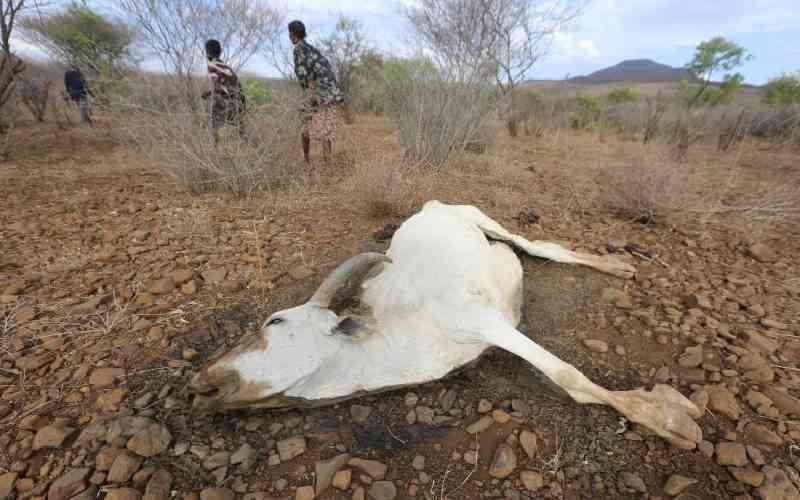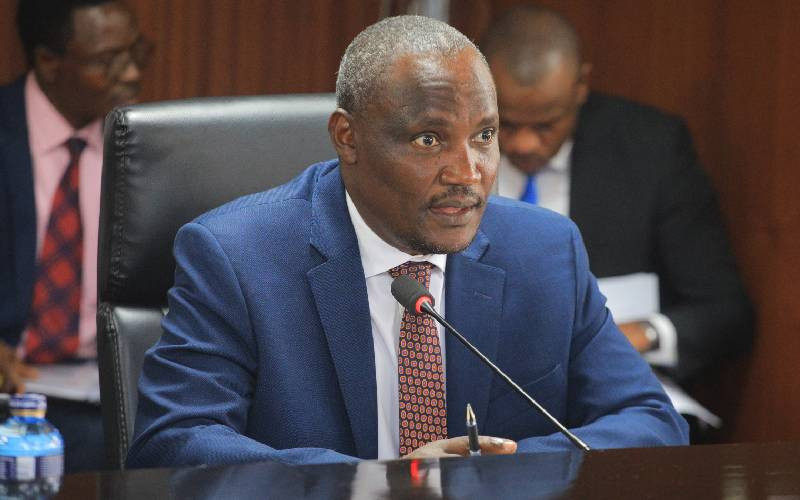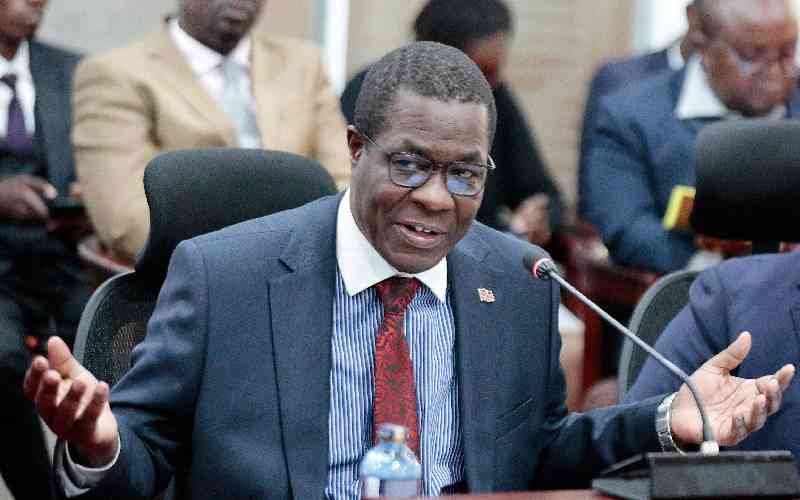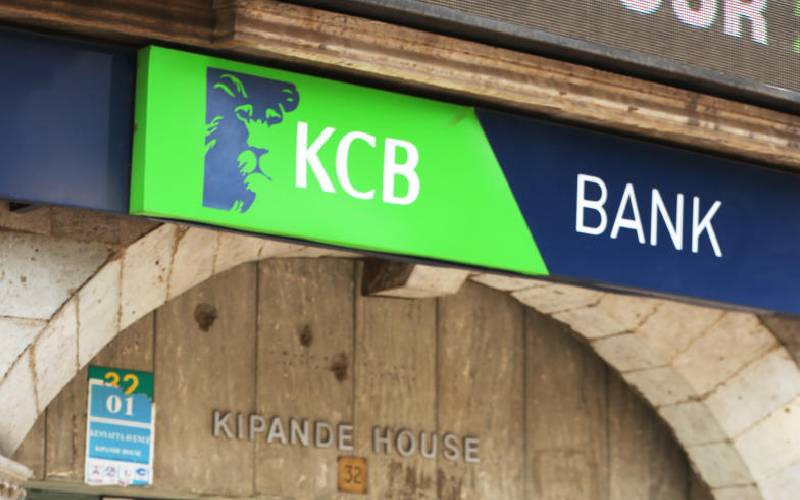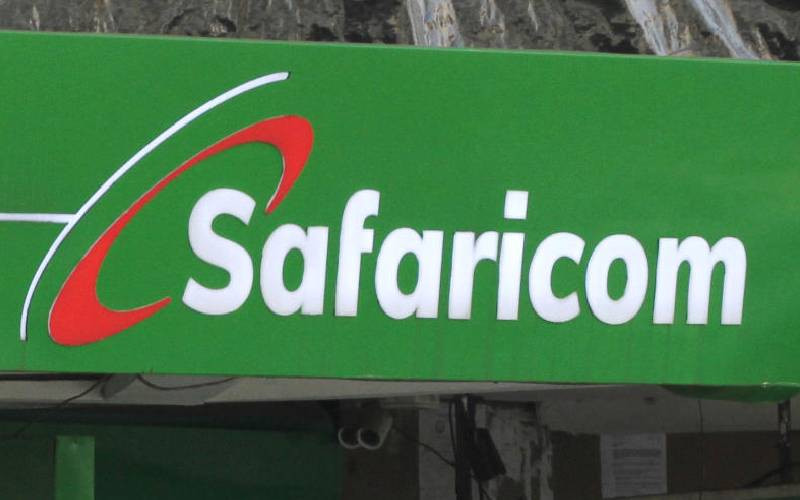×
The Standard e-Paper
Join Thousands Daily

He was at first hesitant to take up the job offer. He had some reservations about Fountain Enterprise Programme (FEP) Holdings. But Maurice Korir now wants to steer the firm to safer waters.
Last month he was appointed the new CEO of FEP Holdings, a firm that was recently turned away by Central Bank of Kenya in its quest to invest in the banking industry. Korir says he wants to defy all the wobbly beginning and turn around the fortunes of this loss-making investment firm.
